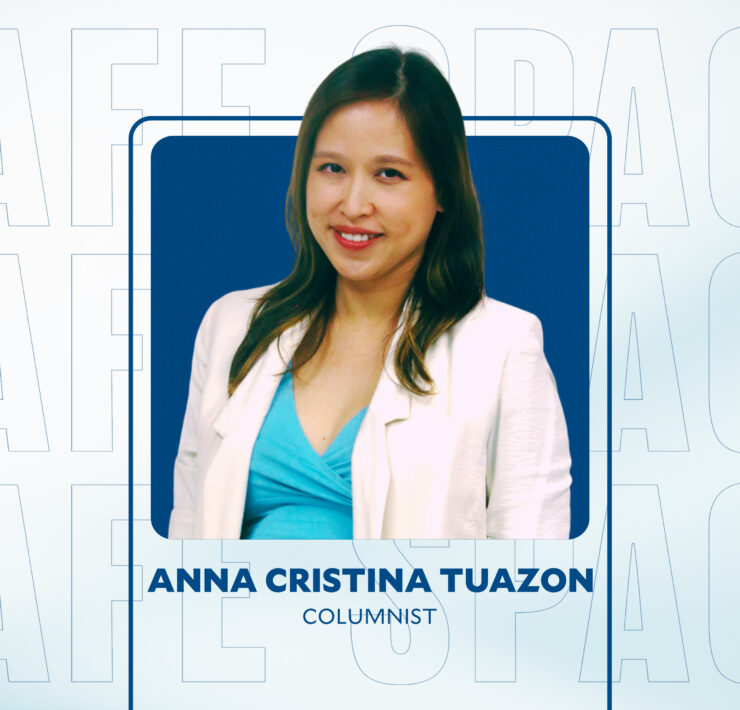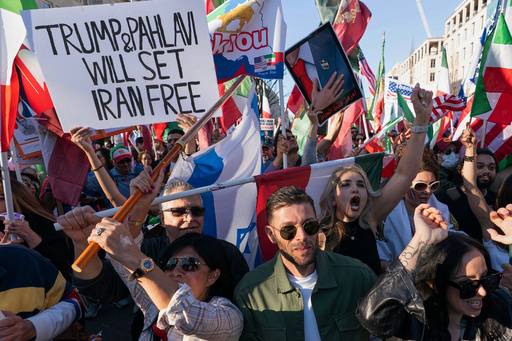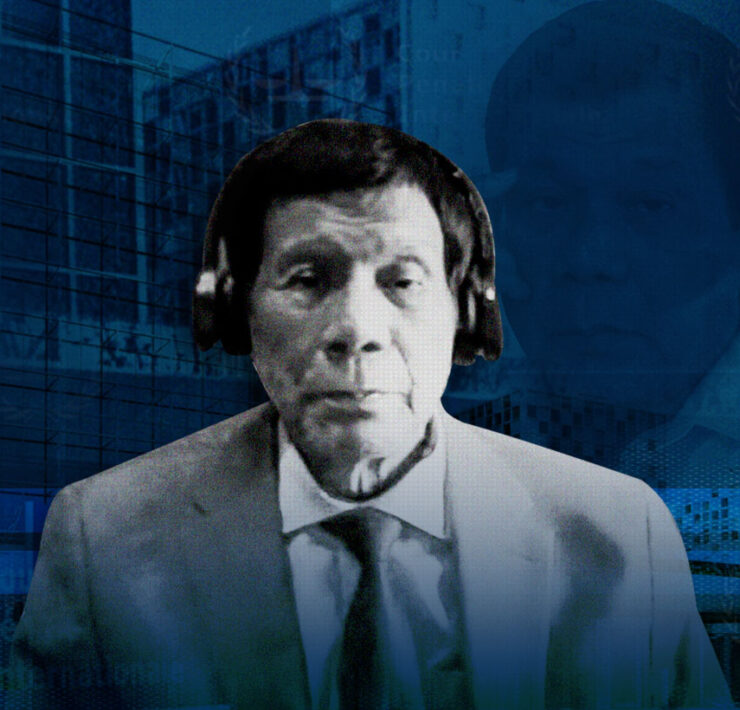Duterte Youth’s comeuppance

Tempting as it might be to celebrate the decision of the Commission on Elections (Comelec) to cancel the registration of Duterte Youth as a richly deserved comeuppance for its own actions, one can’t help but feel a little skeptical.
Will this penultimate ruling by the poll body’s Second Division be the beginning of a crusade for accountability against all other erring party lists, or well-connected groups masquerading as party lists? Or was Duterte Youth merely a sacrificial lamb offered to appease the powers it might have offended?
It’s no secret that the party list system has been hijacked by political dynasties, cronies and pretenders since its first elections in 1998. And certainly, the Comelec division’s move to strike out Duterte Youth is a long-overdue punishment for one of the most audacious abuses of the party list system in recent history.
But the public deserves not only explanations from Comelec about the legal grounds for this particular decision but clarity and consistency in the application of those rules to all other party list groups.
Flawed from the start
This, of course, is not to say that Duterte Youth didn’t have it coming. The group, which borrowed former president Rodrigo Duterte’s name while claiming to represent the youth and advocating violent and regressive policies, should never have been allowed to run in the first place.
By a 2-1 vote, the Comelec division decided last week in favor of the petition filed by former youth activists who asserted that Duterte Youth’s registration was void, owing to the lack of publication and hearing for its accreditation as stipulated under Comelec rules.
The division’s resolution is not final, however, and may still be appealed before the Comelec en banc. The Commission’s decision will be enforceable within five days unless the aggrieved party elevates the case to the Supreme Court and secures a restraining order. If the ruling is upheld and becomes final, the seats it would have occupied may be transferred to Gabriela, Abono, and Ang Probinsyano, the 55th to 57th in the ranking.
So, to be clear, the Comelec division’s decision was correct to point out that Duterte Youth’s registration was flawed from the start, as it sidestepped the public hearing and publication requirements.
Institutional failures
But to call this a triumph of due process is a stretch on account of the glaring fact that the dispute began seven years ago. And while Comelec was twiddling its thumbs, unable or unwilling to resolve a politically fraught case, Duterte Youth handily won seats in the 2019 and 2022 elections, with its representatives serving full terms in Congress. Last May, it secured another three seats in the 20th Congress, placing second only to the leader, Akbayan.
At the risk of stating the obvious, nothing had changed in this case between 2018 and today, except the switch from the Duterte to the Marcos administration. What this proves are two things: First, Comelec is not immune to influence despite being an independent constitutional commission, and second, its own institutional failures enabled Duterte Youth’s rise. Ergo, its victory in the past three elections is an indictment of Comelec’s own past inaction.
Now, it cannot just wash its hands of the enabling environment it helped create nor erase the over 2.3 million votes captured by Duterte Youth.
As political historian and Inquirer columnist Manuel Quezon III, writing on social media, noted: “[Regardless] of what you think of that party list, it’s [troubling] that a bunch of bureaucrats can simply nullify so many votes. The case for disqualification should have been made before the election, not after. It poisons [the] mandate of anyone taking their vacated slot(s).”
A comprehensive cleanup
We agree: Rule of law means due process must not be delayed nor weaponized for political convenience but followed to the letter. For this ruling to have any meaning, a comprehensive cleanup is in order for all party lists and not just the scandal-riddled Duterte Youth.
Let’s not forget the age-old challenges confronting the party list system, not least of them being poll watchdog Kontra Daya’s annual finding that a significant proportion of party lists are tied to political dynasties, military cliques and big business, or espouse questionable advocacy.
Duterte Youth is not an outlier but the symptom of a much bigger problem. Many other party lists flaunt the same disregard for the spirit of sectoral representation as it does. Will Comelec investigate and, if warranted, cancel their registration as well?
In the end, Duterte Youth overplayed its hand. Its arrogance and opportunistic use of the system made it a ripe target for cancellation.
But Comelec must make sure that this belated serving of justice is dispensed not only to Duterte Youth but everyone else. It must act with transparency, explain its decision clearly, and apply the same scrutiny to every other bogus party list.





















